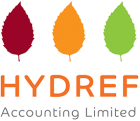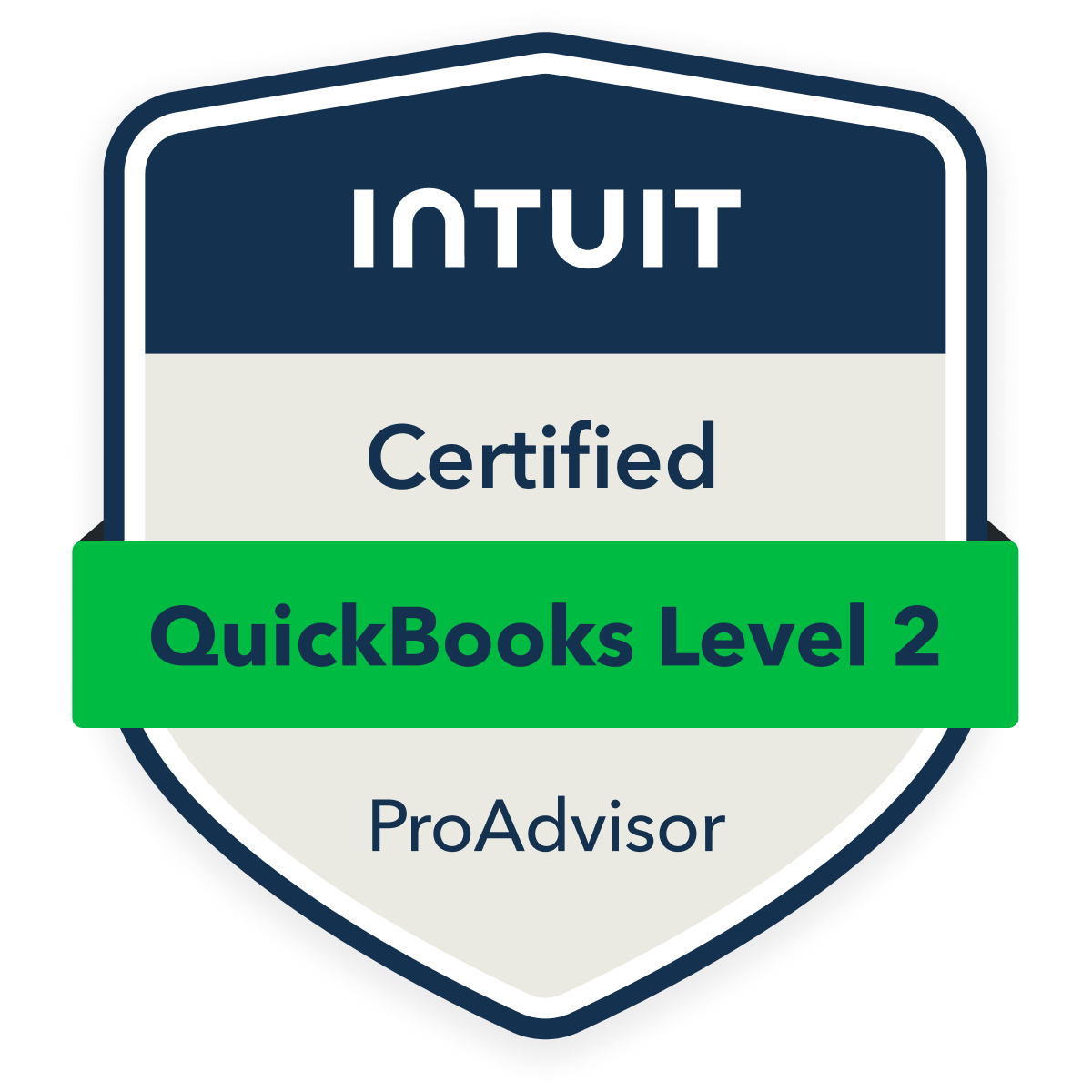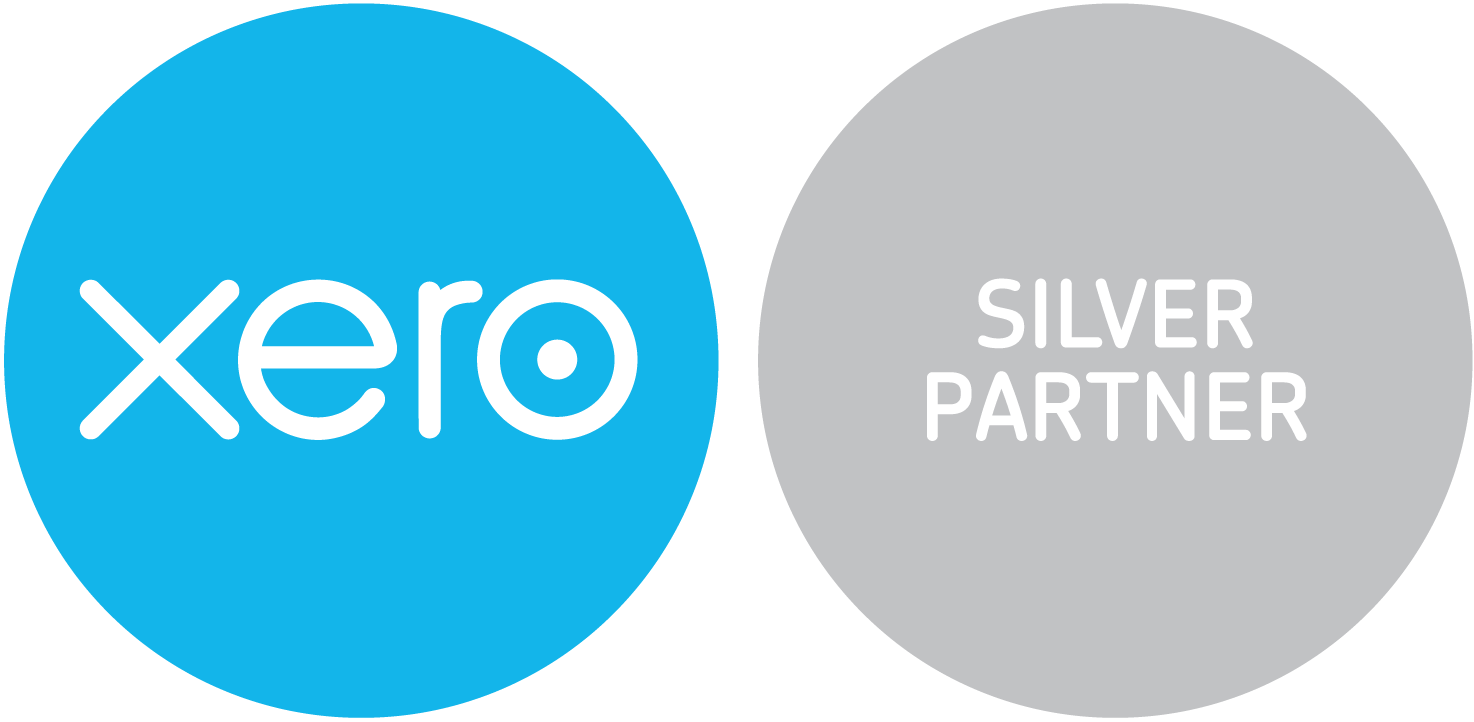Making Tax Digital for Self-Assessment (MTD for ITSA) represents a significant shift in how self-employed individuals and landlords must manage their tax obligations. With quarterly submissions now mandatory for many taxpayers, the role of accountants has evolved considerably. But how can you determine whether your current accountant is equipped to support this digital transformation, and when might it be beneficial to seek additional expertise?
Key indicators of MTD readiness
Software Proficiency and Integration An MTD-ready accountant should demonstrate familiarity with HMRC-recognised software solutions such as Xero or QuickBooks. They should be able to recommend appropriate platforms based on your business needs and explain how these integrate with existing bookkeeping systems. Look for accountants who can articulate the differences between various software options and discuss their experiences with multiple platforms rather than pushing a single solution.
Understanding of quarterly obligations Your accountant should clearly explain the new quarterly submission requirements and how they differ from annual self-assessment processes. They ought to understand the nuances of the £10,000 threshold, exemptions for certain taxpayers, and the implications of the substantial revenues test. If they seem uncertain about these fundamental aspects, this may indicate a knowledge gap.
Process adaptations Effective MTD support requires restructured working practices. Your accountant should outline how they’ve adapted their processes to accommodate quarterly deadlines, including revised fee structures, communication schedules, and document collection procedures. They should also explain how they’ll handle the transition from annual to quarterly reporting.
Warning signs that extra support may be needed
Limited digital experience Accountants who primarily work with paper-based systems or show reluctance to embrace digital tools may struggle with MTD requirements. If your accountant seems overwhelmed by the technological aspects or cannot provide concrete examples of successful MTD implementations, they may benefit from additional training.
Unclear communication about changes If your accountant cannot clearly explain how MTD will affect your particular situation or provides vague responses about implementation timelines, this suggests they may need additional support to fully grasp the implications.
Resistance to software investment Accountants who are hesitant to invest in new software or training, or who suggest “waiting to see what happens” with MTD, may not be adequately prepared for the changes ahead.
The value of specialist support partnerships
Enhanced client service When accountants partner with MTD specialists for training and software implementation, clients receive more comprehensive support. This collaboration ensures that technical expertise complements existing client relationships, resulting in smoother transitions and more confident handling of quarterly obligations.
Risk mitigation Specialist support helps accountants avoid potential compliance issues that could arise from incomplete understanding of MTD requirements. This protection benefits both the accountant’s practice and their clients’ peace of mind.
Competitive advantage Accountants who proactively seek specialist support demonstrate commitment to professional development and client service excellence. This positioning can strengthen client retention and attract new business as MTD requirements become more widespread.
Cost-effective skills development Rather than attempting to develop MTD expertise independently, partnering with specialists allows accountants to access concentrated knowledge and proven implementation strategies. This approach often proves more cost-effective than extensive internal training programmes.
Introducing accountants to MTD specialists creates valuable professional relationships that extend beyond immediate training needs. These connections often lead to ongoing collaboration opportunities, knowledge sharing, and improved service delivery for all parties involved. The transition to Making Tax Digital for Self-Assessment need not be daunting when approached strategically. By honestly assessing current capabilities and embracing specialist support where needed, accountants can ensure they provide excellent service whilst maintaining compliance with evolving requirements.
Whether you’re an accountant seeking to enhance your MTD capabilities or a client evaluating your current support, remember that successful digital transformation often benefits from collaborative expertise. The investment in proper preparation and specialist guidance typically pays dividends through improved efficiency, reduced compliance risks, and stronger client relationships.
Hydref Accounting work with Xero, QuickBooks and FreeAgent, who are best positioned to be the MTD software platforms of choice for small businesses. We offer two services for businesses migrating to the cloud, and especially to their existing accountants. “Software Start Up Catch Up and Refresh” is for the new user and “Review and Recommend” will help those who have already made the switch but are not making the most of the platform. Get in touch on 03333 449270 or book an appointment through my Calendly link to learn more about how Hydref can support you and your accountant.



